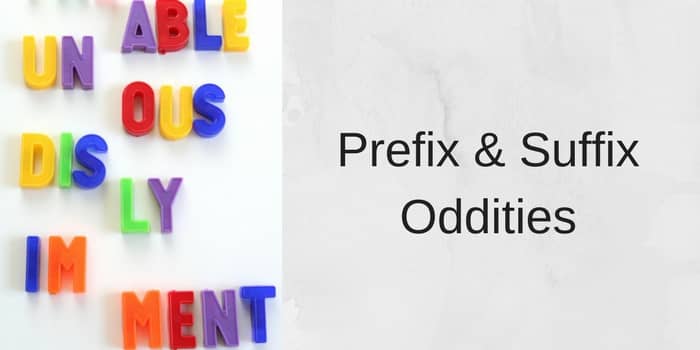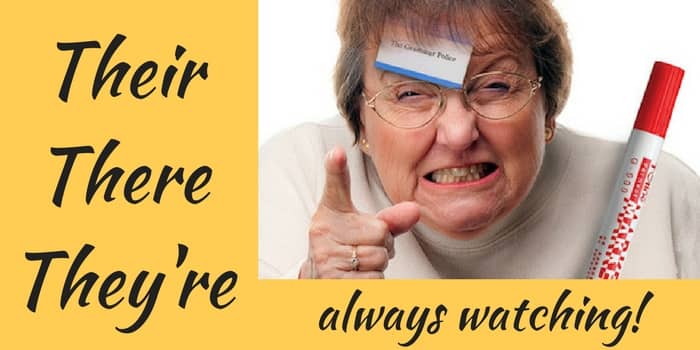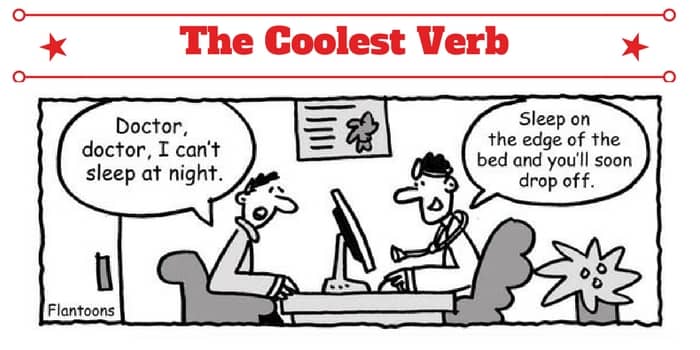 One of my favourite Cambridge examination components is key word transformation . It truly is a test of a student’s knowledge of English at both First Certificate and Advanced levels.
One of my favourite Cambridge examination components is key word transformation . It truly is a test of a student’s knowledge of English at both First Certificate and Advanced levels.
However it is also a great exercise for accomplished writers. I still love doing them as it fine tunes my writing skills by having to constantly search for alternatives.
So just for fun, why don’t you see how you go with these examples.
For Questions 1-12, complete the second sentence so that it has a similar meaning to the first sentence, using the word given. Do not change the word given. You must use between three and six words, including the words given.
1 This is your third warning from me this week about being late for work.
NOT
This is the third time this week I……………………………be late for work.
2 I think Anita must have gone on a diet recently because she’s quite slim now.
HAS
It looks as…………………………….dieting because she’s quite slim now.
3 I always hated pasta when 1 was a child but now I cook it regularly.
USE
I…………………………pasta when I was a child but now 1 cook it regularly.
4 I went to have my own look at the apartment and 1 couldn’t understand why my
friend wanted us to live in such a depressing place!
SEE
Having………………………………..myself, I couldn’t understand why my friend
wanted us to live in such a depressing place!
5 We wanted to continue our mountain trek but the weather was too bad.
LIKE
We……………………………on with our mountain trek but the weather was too bad.
6 I want to inform you that I was not satisfied with the standard of service in your
hotel.
EXPRESS
I would……………………………………with the standard of service in your hotel.
7 I wanted to stay in last night but my flatmate insisted we go out.
SOONER
I……………………………………..in last night but my flatmate insisted we go out.
8 Didn’t you want me to tell the staff about your resignation?
RATHER
Would………………………………………the staff know about your resignation?
9 I didn’t stop worrying about the wild animals until we were safe inside camp.
ONLY
It was……………………………………………………….safety of camp that I
Stopped worrying about the wild animals.
10 Steve’s one topic of conversation is the time he spent as a pilot.
EVER
The time he spent as a pilot …………………………………………………..about.
11 After arriving at the airport, we realised that our passports were still at home.
UNTIL
It…………………………………………………at the airport that we realised our
passports were still at home.
12 When Michael’s boat began to sink, he sent a signal for help.
DID
When Michael’s boat began to sink, what ……………………………………..a signal
for help.
Now please don’t ask for answers! You are all fine writers of English.
These examples came from the Practise English blog. More examples can be found by searching for CAE and FCE Key Word Transformations in any search engine.




The transformations are certainly a test of how well someone has mastered conversational English idiomatic expressions, but probably none of them are the most direct way of expressing what each sentence had to communicate.
Oh certainly not the most direct Margaret. But a good test of your English if it's your second language.
1. This is the third time this week I have warned you not to be late for work.
2.It looks as though Anita has been dieting because she's quite slim now.
3. I would never use pasta when I was a child, but now I cook it regularly.
4.Having seen for myself, I couldn't understand why my friend would want us to live in such a depressing place!
5.We would have liked to have continued on with our mountain trek, but the weather was too bad.
6.I would like to express my dissatisfaction with the standard of service in your hotel.
7. I would have sooner stayed in last night, but my flatmate insisted we go out.
8. Would you rather I had not informed the staff about your resignation?
9. It was only after being in the safety of camp that I stopped worrying about the wild animals.
10. The time he spent as a pilot was the only thing that Steve ever conversed about.
11. It wasn't until our arrival at the airport that we realized our passports were still at home.
12.When Micheal's boat began to sink, what he did was send a signal for help.
yikes!